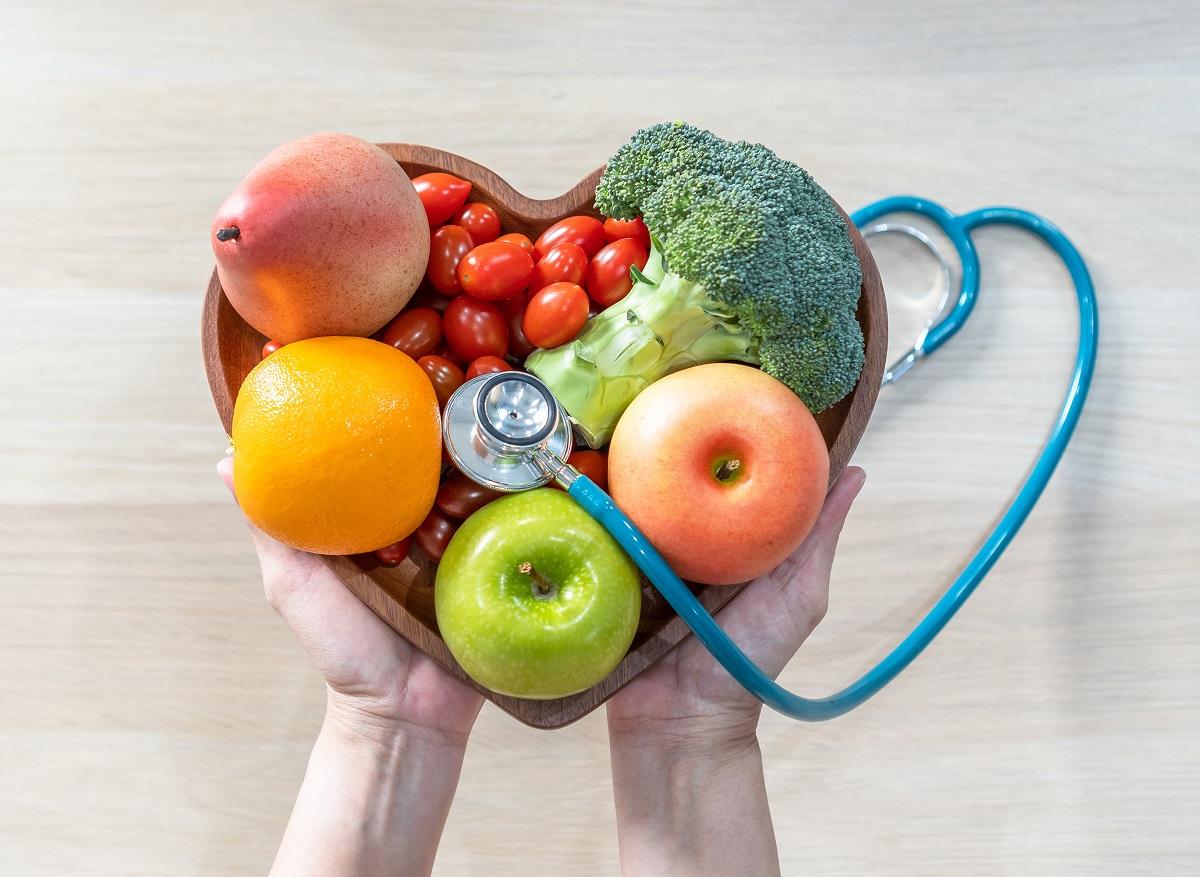When you’re going through cancer treatment, your diet plays a crucial role. Learn how certain food choices can improve your well-being, boost your immune system, and increase the effectiveness of your treatments.

- Proper nutrition during cancer treatment is essential to support the body and promote healing.
- Individualized recommendations can be provided by a dietitian or nutritionist specializing in onconutrition.
- Eating well does not exempt you from rigorous medical monitoring, but can make a difference in terms of quality of life and prognosis.
When faced with a cancer diagnosis, many patients look for ways to best support their bodies during tough treatments like chemotherapy and radiation. A proper diet can not only help alleviate some side effects, but also strengthen the immune system and improve the effectiveness of treatments. In 2024, advances in oncology nutrition offer promising new perspectives for those going through this ordeal.
News: onconutrition, a booming discipline
Onconutrition is a specialty that focuses on the relationship between nutrition and cancer. It aims to optimize the nutritional status of patients during and after treatment, in order to give them the best chance of recovery and allow them to live a better quality of life.
In recent years, onconutrition has experienced a significant boom, thanks to a better understanding of the nutritional needs of cancer patients. New research has made it possible to develop individualized dietary recommendations, taking into account the type of cancer, the treatment followed, the side effects experienced and the general condition of the patient.
The importance of personalized nutrition
Today, it is recognized that each patient is unique and requires a personalized nutritional approach. According to a recent study published in The Lancet Oncologya diet tailored to the individual needs of patients can reduce treatment-related complications and improve quality of life. Oncology dietitians play a key role in developing these personalized diets, taking into account specific nutrient needs, food preferences and possible allergies or intolerances.
Strengthen the immune system
During cancer treatment, the immune system is often weakened. Incorporating foods rich in essential vitamins and minerals is essential. For example, leafy green vegetables, berries, citrus fruits, and nuts are rich in antioxidants and vitamins C and E, which help protect cells and strengthen the immune system. Studies have shown that these nutrients can also help reduce inflammation and promote the repair of damaged tissue.
Managing side effects
Cancer treatments can cause side effects such as nausea, loss of appetite, and digestive problems. Adopting specific dietary strategies can help alleviate these symptoms. For example, eating small, frequent meals and choosing easily digestible foods such as soups, fruit compotes, and yogurt can help maintain adequate nutritional intake. Ginger and mint are also known for their anti-nausea properties.
Protein and energy
Maintaining good muscle mass and high energy levels is crucial during treatment. Protein plays a vital role in tissue repair and maintaining muscle mass. Include high-quality protein sources in your diet, such as lean meats, oily fish, eggs, legumes and dairy products. Complex carbohydrates, found in whole grains, vegetables and fruits, provide sustained energy and help combat fatigue.
Hydration and electrolyte balance
Proper hydration is essential, especially for those undergoing treatments that cause vomiting or diarrhea. Water, herbal teas, and broths are excellent options. It may be necessary to consume hydration solutions containing electrolytes to replace losses of essential minerals such as potassium and sodium.
News and innovations
Current research in oncology nutrition focuses on specific diets that could potentially improve the effectiveness of treatments. For example, studies are exploring the ketogenic diet and intermittent fasting as ways to reduce tumor growth and increase the sensitivity of cancer cells to treatments. Although these approaches are still in the experimental phase, they offer new avenues for the nutritional management of cancer patients.
Eating to Fight Cancer
Eating well during cancer treatment is not just a matter of taste pleasure, it is also an important step to support your body and increase your chances of recovery. By getting information and getting advice from an onconutrition professional, each patient can find the dietary solutions that suit them best and that will allow them to get through this ordeal in the best possible conditions.
















